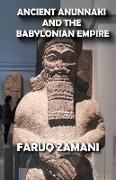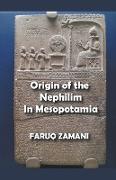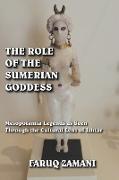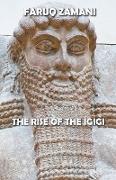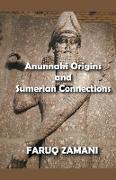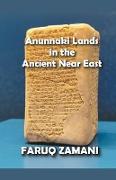Archaeology of the Anunnaki Sumerians
Zamani, Faruq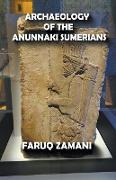
Leonard Woolley, an archaeologist from Britain, returned to Iraq in 1922, almost 4, 000 years after the nuclear ancient catastrophe, to uncover ancient Mesopotamia.An imposing ziggurat standing out in the desert plain drew him to the nearby site of Tell el-Muqayyar, where he began excavating. As old walls, artifacts, and inscriptions were unearthed, he realized he was digging up ancient Ur-Ur of the Chaldees.
Twelve years of his work were cond...


